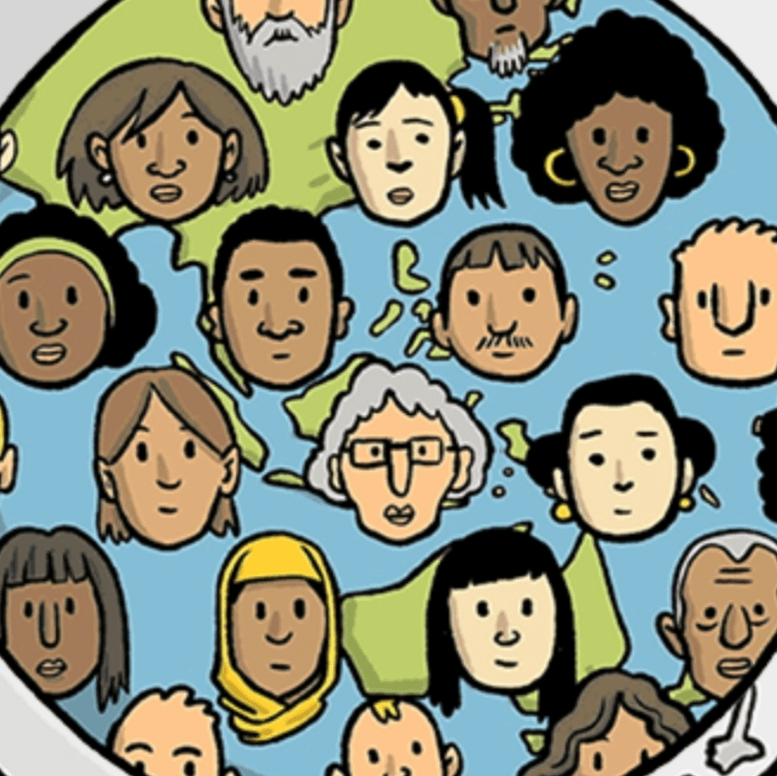Reckon you could shape Auckland’s future? Here’s what (we think) the job requires.
Got a vision for Auckland? Or ideas on how to improve it? Maybe you just simply know what’s best? If you answered ‘yes’ to any of those questions, maybe you should run our largest city.
If that’s of interest, 2025 could be your best shot. It’s a local election year which means positions are open for mayor, councillor and local board member. Here’s what The Spinoff staff, a group of people who definitely do not run Auckland, think that job would require:
No boundaries
Running Auckland sounds like a full-time job where everyone will be on your case around the clock. Mayor is billed as a 40-hour* gig with significant professional and personal commitment, including after hours and weekends. I was interested to learn, though, that local board members can run the city in just 12 hours a week. Or up to 24 if they really want to make their mark. / Liv Sisson
Have a tonne of friends and family
It has come to my attention that to become an elected member, one must be voted in, and it’s going to take more than your mum’s tick. A strong network of friends and family not only provides your first voting block, but your team to let other voters know you exist and what you stand for. You’re going to need someone to take a nice photo of you, someone to design a placard, many hands and feet to deliver fliers and knock on doors, people to casually show up and chat to you if you set up a stall at a community event, someone to proof-read everything you write, someone that understands how to boost social media posts and when you’re tired after long, long days of trying to convince people you’re good for the community, someone to bring you a cup of tea and a biscuit. This is not a one-person job, it takes a whole team. / Gabi Lardies
Read heaps of boring stuff
To many, this may sound like the worst part of being an elected member, but I have a particular fondness for reading plans, reports and agendas. The trick is to treat it like a mindfulness exercise and enter a meditative state while you absorb all those beautiful/boring words. You might learn something too, or perhaps figure out a vexing issue that no one has been able to get their head around and be heaped with lavish praise for your efforts. All in a day’s work. / Alice Neville
Be extremely adult
In the place of my birth, Washington DC, it would seem you’ve got to be at least 55 – the average age of US presidents – to run things. Here though, you only have to be 18. Logan Soole has been running things since the tender age of 19 on Franklin Local Board. You won’t have to beat him out for his seat this year though. He’s stepping down to go on an OE. Fair enough. / Liv Sisson
Embody the Auckland spirit
Now that Lorde has brought the great Auckland traditions of riding a bike without a helmet and getting a bit loose in the back garden to the world stage, Auckland’s next mayor also needs to possess the true spirit of the city. Do a photo-op in someone’s garage in South Auckland next to the spare fridge. Hone your debating skills by doing some haggling at the Avondale markets. It’s what the people deserve. / Lyric Waiwiri-Smith
Be comfortable looking at your own big face
You would be hard pressed to find a local candidate who managed to represent their neighbourhood without anyone knowing what they looked like. Love having a chat to your local barista or dairy owner? There’ll be plenty more of that on a local board. But most importantly, you’ll need to get really comfortable with seeing your big face smiling out from a plastic placard. And when someone inevitably scribbles on your big, beautiful face? You’ll need to be comfortable with that too. / Madeleine Chapman
Know your constituents and their issues
One of the most important things is knowing the people you represent. If you can’t relate to your constituents, you’re not likely to get far in the game of local body politics. Immerse yourself in your community. Attend all the gatherings, listen to the people and what they have to say. Talk to the young checkout operator at the supermarket, the old guy drinking Kiwi Lager at 8am at the bus stop, or the local takeaway owner that’s been in the neighbourhood for 25 years – these are the people that truly know what’s going on in the community. If you’re confident in your knowledge of the issues impacting your community, you can be confident in your ability to address the needs of your constituents. / Liam Rātana
Be a good sort
For obvious reasons but also because you will have to follow a code of conduct. / Liv Sisson
Become a small talk pro
Being a politician involves a lot of talking to random people and showing interest in what’s happening on their very specific rural street in the middle of nowhere. This is not an ability that everyone possesses and you will be chastised if you lack it. Before you put your name forward for this job, ask yourself – can I hold a successful conversation with a complete stranger for at least two minutes? Am I OK with shaking a whole lot of sweaty palms? Do I know how to deal with someone who’s seen me in a supermarket and thinks I have all the time in the world to chat about what’s wrong with the city? Much to think about. / Lyric Waiwiri-Smith
Be a Zoomer
For every in-person chat you have in the community, there will probably be an online town hall, working group or webinar you need to be on. A good handle on email, Zoom, Teams and social media will probably help you run the city. / Liv Sisson
Grow a thick skin
Local government representatives should be open to having robust discussions – whether it’s the fact you allocated money to fix a footpath on one street and not another, removed bins from a certain area, rolled out a food scraps collection, or repurposed a public space, not everyone will agree with the decisions you make. And that’s fine. What’s important is that you’re willing to listen to what others have to say, whether that be praise or criticism. This will help inform your choices and prepare you for what the consequences may be. After all, you are representing all of the people in your constituency, and that means there will always be a wide range of opinions about the decisions you make. Be prepared to hear those opinions. / Liam Rātana
Get nominated
In doing this exercise, I have learned that you can’t just sign up to run the city. You actually have to be nominated, but only by two people. In 2022, the people who wanted to run the city, and had at least two mates, skewed “older” and male. Female nominees were more likely to actually get elected though. Interestingly, almost a third of all candidates were able to hold a conversation in at least one language other than English. / Liv Sisson



